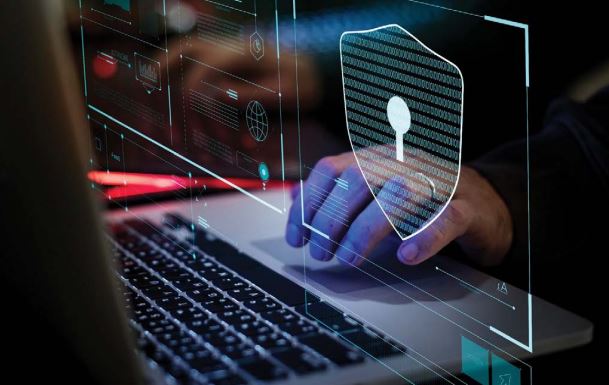KPMG UK has launched a new tool to extract and report personally identifiable information and personal data, enabling organisations to perform data subject access requests and PII identification and review. The app aims to simplify regulatory compliance and reduce costs. KPMG’s PII Extractor tool is compatible with Relativity’s software as a service product, RelativityOne.
Following a cyber incident, organisations must report breaches of personal data and identity information that can be spread across documents and applications to meet regulatory requirements. Piecing together and reporting such data can be time and resource intensive.
With a growing number of such projects, this type of data extraction can also be disruptive as it lies outside routine business activities. KPMG says that its PII Extractor tool will allow users to extract personally identifiable information such as names, phone numbers and email addresses directly in the Relativity native viewer and link it to a data subject.
The tool removes the need to copy and paste required information and generates a clear report which can be used for risk assessments, breach notifications, faster responses to data subject access requests and reporting to data protection authorities.
Magnus Becher, director for forensic advisory at KPMG, said: “While working on a large multi-terabyte PII/PD identification project, we needed a faster and streamlined way of tagging and coding PII in native documents within RelativityOne. KPMG PII Extractor augments the existing features in Relativity to let us do that.
“Users have a more streamlined review and reporting experience which saves clients time and money. More importantly, it simplifies compliance with data protection regulation. Going forward, our focus will continue to be on identifying areas of improvement and integrating relevant technology solutions for us to drive higher quality and efficiency in identifying personal data in large data sets.”
Printed Copy:
Would you also like to receive CIR Magazine in print?
Data Use:
We will also send you our free daily email newsletters and other relevant communications, which you can opt out of at any time. Thank you.











YOU MIGHT ALSO LIKE